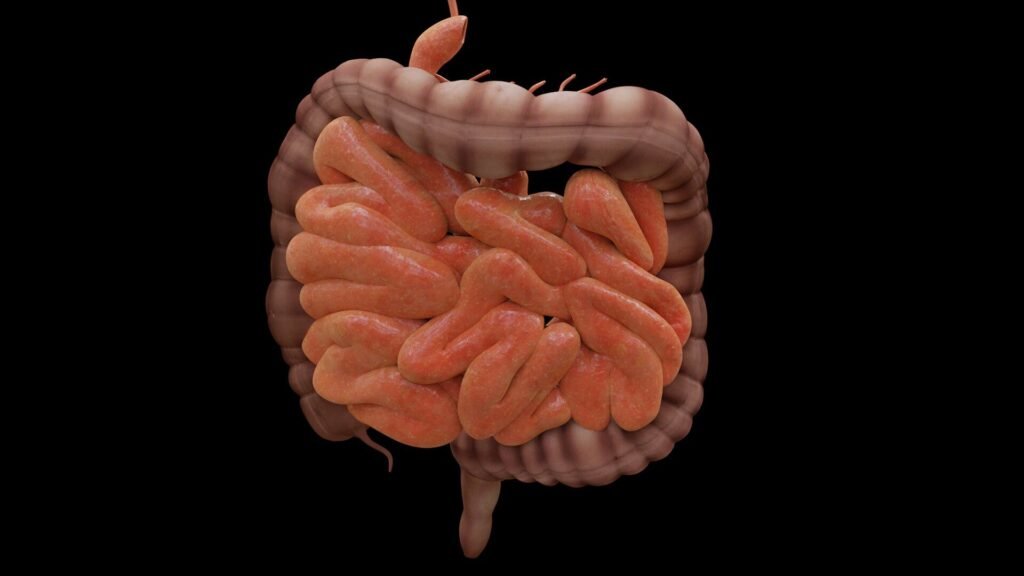Fecal microbiota transplants (FMT) have gained attention as a potential treatment for a range of health conditions, including inflammatory bowel diseases, obesity, and type 2 diabetes. However, recent research from the University of Chicago has raised concerns about the unintended consequences of FMT on recipient health.
Published in the journal Cell, the study titled “Regional microbiota mismatches from fecal microbiota transplants promote persistent, off-target consequences to the host” highlights the risks associated with FMT. The process involves transferring microbes from the stool of a healthy individual to a sick person in the hopes of restoring a healthy balance in the gut microbiome. However, the study found that this can lead to mismatches in the gut ecosystem, particularly when anaerobic microbes from the colon colonize other parts of the digestive system.
Experiments with mice and studies using human tissue samples showed that these microbes not only colonized the small bowel after a single transplant but also persisted there for months. This colonization led to changes in the recipient’s metabolism, behavior, and energy balance, highlighting the potential long-lasting effects of FMT.
Lead author Orlando (Landon) DeLeon, Ph.D., emphasized the importance of matching regional microbiota to their proper environments to avoid unintended health consequences. The gut microbiome is a complex and varied ecosystem, with different regions hosting distinct microbial communities tailored for specific functions. Therefore, simply transferring microbes from one part of the intestine to another may not yield the desired therapeutic benefits.
The researchers suggest a more cautious approach to FMT, advocating for “omni-microbial transplants” (OMT) instead. This method involves transferring microbes from all regions of the intestine to ensure a more natural colonization process. By allowing different microbes to compete and settle in their appropriate niches, OMT may offer a more effective and safer alternative to traditional FMT.
Further research is needed to understand how different microbes influence different parts of the intestine and how regional gut mismatches caused by FMT can be reversed. DeLeon plans to explore these questions using advanced techniques like single-cell sequencing and metabolomics to track microbial activity and restore normal gut function.
In conclusion, while FMT shows promise as a treatment for certain conditions, the study from the University of Chicago underscores the importance of a more nuanced and careful approach to microbial transplants. By understanding the complexities of the gut microbiome and adopting strategies like OMT, researchers may unlock the full potential of FMT while minimizing the risks of unintended health consequences for recipients.


